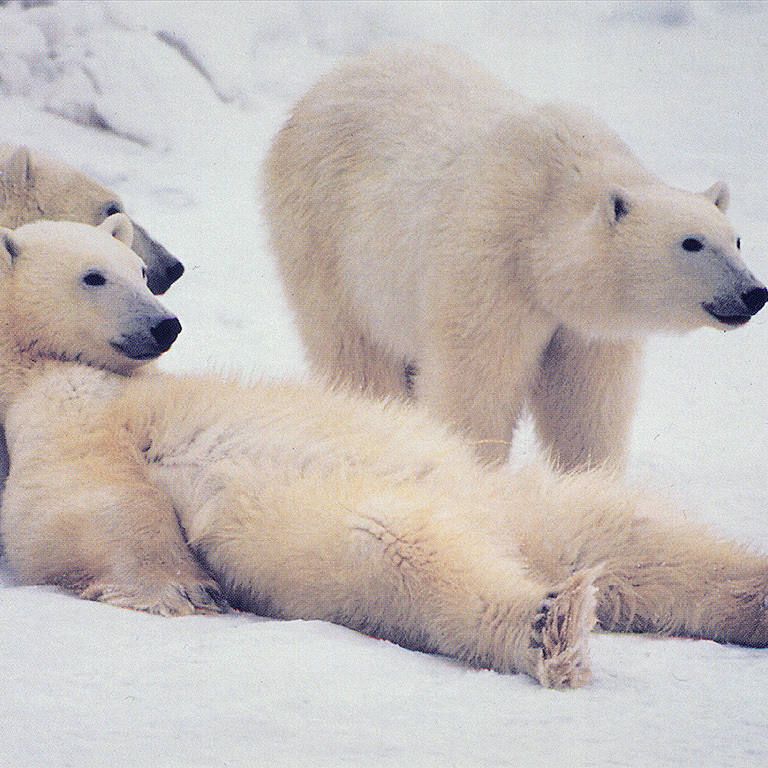
IELTS Reading & Comprehension. Why we need to protect polar bears Pt.2
説明
Physiologists Alanda Lennox and Allen Goodship found an explanation for this paradox in 2008. They discovered that pregnant bears were able to increase the density of their bones before they started to build their dens. In addition, six months later, when they finally emerged from the den with their cubs, there was no evidence of significant loss of bone density. Hibernating brown bears do not have this capacity and must therefore resort to major bone reformation in the following spring. If the mechanism of bone remodelling in polar bears can be understood, many bedridden humans, and even astronauts, could potentially benefit.
The medical benefits of the polar bear for humanity certainly have their importance in our conservation efforts, but these should not be the only factors taken into consideration. We tend to want to protect animals we think are intelligent and possess emotions, such as elephants and primates. Bears, on the other hand, seem to be perceived as stupid and in many cases violent. And yet anecdotal evidence from the field challenges those assumptions, suggesting for example that polar bears have good problem-solving abilities. A male bear called GoGo in Tennoji Zoo, Osaka, has even been observed making use of a tool to manipulate his environment. The bear used a tree branch on multiple occasions to dislodge a piece of meat hung out of his reach. Problem-solving ability has also been witnessed in wild polar bears, although not as obviously as with GoGo. A calculated move by a male bear involved running and jumping onto barrels in an attempt to get to a photographer standing on a platform four metres high.
I'll add the remaining pieces of the reading material in the box below.
ポッドキャストチャンネル
The Habits of Highly Effective English Communicators
製作者
全エピソード

Exploring Easter 🐣

I want to start journaling... and I think you should too

SEC Approval Opens Door for Easy Bitcoin Investment with New ETFs

Leisure Center Group Ordered to Stop Using Face Recognition Tech on Staff, Says Data Watchdog

High Pay vs. Quality of Life in Corporate Roles
人気のエピソード

Lisa's Podcast
Exploring Easter 🐣

Lisa's Podcast
I want to start journaling... and I think you should too

Lisa's Podcast
SEC Approval Opens Door for Easy Bitcoin Investment with New ETFs

Lisa's Podcast
Leisure Center Group Ordered to Stop Using Face Recognition Tech on Staff, Says Data Watchdog

Lisa's Podcast
High Pay vs. Quality of Life in Corporate Roles